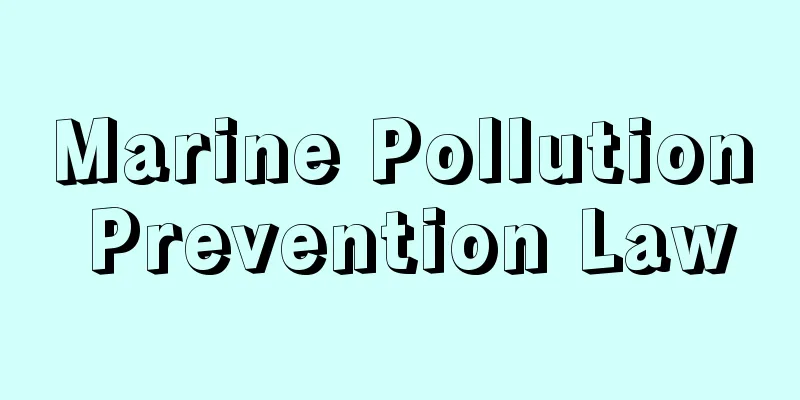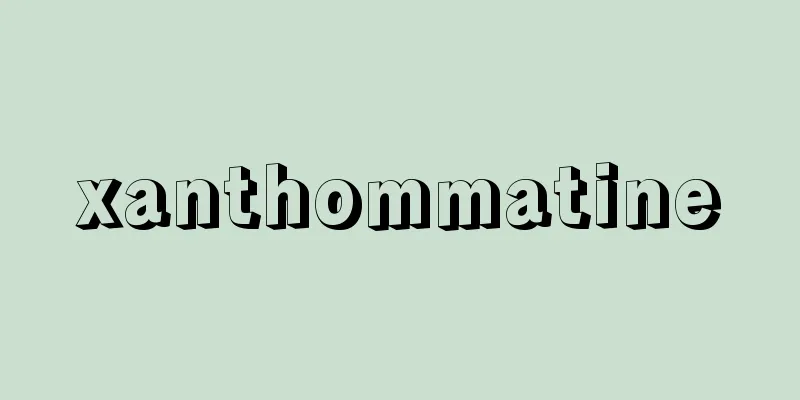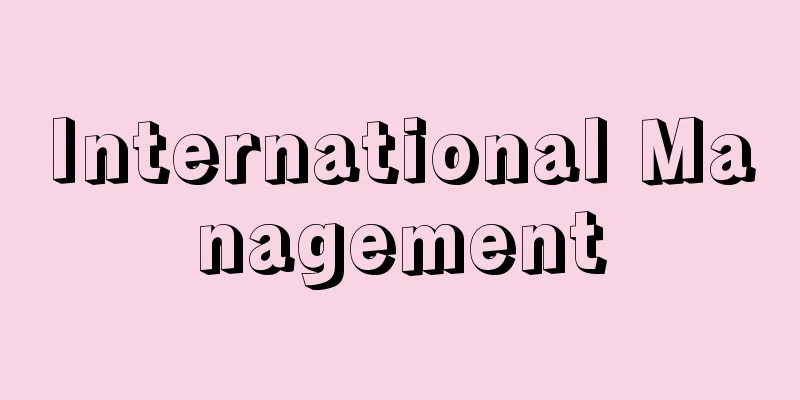Marine Pollution Prevention Law

|
Its official name is the "Law Concerning the Prevention of Marine Pollution, etc. and Maritime Disasters" (Law No. 136 of 1970), and it is the basic law for preventing marine pollution. Oil discharged from ships was internationally regulated by the International Convention for the Prevention of Oil Pollution of the Waters (OILPOL Convention) of 1954. In response to subsequent changes in circumstances such as the development of maritime traffic, the increase in the maritime transportation of harmful substances other than oil, and the dumping of various waste materials into the ocean, the United Nations Inter-Governmental Maritime Consultative Organization (IMCO, the predecessor of the International Maritime Organization) began work on drafting a new international convention in 1969. Japan responded by amending its existing "Law on Prevention of Pollution of Seawater by Oil from Ships" (Seawater Oil Pollution Prevention Law, enacted in 1967) and enacting a new "Marine Pollution Prevention Law" (originally titled "Law on Prevention of Marine Pollution") in 1970 (Showa 45), before the adoption and entry into force of the MARPOL Convention (MALPOL73/78, Protocol of 1978 relating to the International Convention for the Prevention of Pollution from Ships, 1973) and the London Dumping Convention (1975). This law was enacted with the immediate objective of regulating the discharge of oil, hazardous liquid substances, waste, etc. into the ocean from ships, marine facilities, and aircraft, as well as the incineration of such substances on ships and marine facilities, and also to protect the marine environment by implementing rapid pollution prevention measures after pollution has occurred. Later, new provisions were added to prevent pollution of the ocean and its surrounding environment, such as disasters in the ocean caused by ship accidents (collisions, fires, etc.) that result in large-scale discharges of pollutants, burial of oil, hazardous liquid substances, waste and storage of carbon dioxide in the seabed strata, and the release of exhaust gases from ships into the atmosphere. In conjunction with this revision, the title was changed to "Law Concerning the Prevention of Marine Pollution and Maritime Disasters" (1971), and further changed to include "etc." (1994). The details necessary for the implementation of this Act, such as the designation of regulated substances, preventive measures, ex-post control measures, and the development of related technologies and systems, are specified in the Enforcement Order (Cabinet Order) and Enforcement Regulations (Ministry Ordinance) related to this Act. Along with laws and regulations, these Cabinet Orders and Ministerial Ordinances are also revised from time to time in response to domestic and international circumstances in order to maintain and strengthen Japan's marine pollution prevention system. [Tetsuro Suzuoki] [References] | | | | |Source: Shogakukan Encyclopedia Nipponica About Encyclopedia Nipponica Information | Legend |
|
正式名称は「海洋汚染等及び海上災害の防止に関する法律」(昭和45年法律第136号)で、海洋汚染防止の基本の法律となっている。 船舶から排出される油については、1954年の「油による海水汚濁の防止のための国際条約」(OILPOL条約)により国際的な規制が行われていた。その後の海上交通の発達、油以外の有害物質の海上輸送の増大、さまざまな廃棄物の海洋投棄等の状況の変化に対処するために、国連の政府間海事協議機構Inter-Governmental Maritime Consultative Organization(IMCO。国際海事機関の前身)は1969年から新たな国際条約の策定作業を開始した。日本もこれに呼応して、既存の「船舶の油による海水の汚濁の防止に関する法律」(海水油濁防止法、1967年制定)を改定し、新たに「海洋汚染防止法」(当初の題名は「海洋汚染防止に関する法律」)を、マルポール条約(MALPOL73/78、1973年の船舶による汚染の防止のための国際条約に関する1978年の議定書)ならびにロンドン・ダンピング条約(1975)の採択・発効前の1970年(昭和45)に制定した。 この法律は、油、有害液体物質、廃棄物などを船舶・海洋施設・航空機から海洋へ排出することや、船舶・海洋施設で焼却することを規制し、さらに汚染発生後の迅速な汚染防除の実施などによる海洋環境の保全を当面の目的として制定された。その後、大規模な汚染物質の排出をもたらす船舶事故(衝突、炎上など)による海域での災害や、海底下地層内への油、有害液体物質、廃棄物の埋却および二酸化炭素の貯留、さらに船舶から大気中への排出ガスの放出など、新たな海洋およびその周辺環境の汚染の防止に関する事項が盛り込まれた。その改正に合わせて、題名も「海洋汚染及び海上災害の防止に関する法律」に改められ(1971)、さらに「等」が加えられる(1994)など、一部変更されている。 規制対象物質の指定をはじめ防止措置、事後防除措置とその技術開発および体制整備など、本法の実施のために必要な細目はこの法律に関する施行令(政令)・施行規則(省令)などにより詳細に定められており、法令とともに、これらの政・省令も内外の情勢に応じて逐次改正され、日本の海洋汚染の防止体制の維持と強化が図られている。 [鈴置哲朗] [参照項目] | | | | |出典 小学館 日本大百科全書(ニッポニカ)日本大百科全書(ニッポニカ)について 情報 | 凡例 |
Recommend
Pneumatic Tire & Booth Cycle Agency
…[Yoshihisa Kitai]. … *Some of the terminology us...
David Teniers
Father and son, Flemish painters of the same name...
Slum - slum (English spelling)
It is one of the regional pathological phenomena ...
Honihonjou - true intention
It is also called "hoihonjo." In additio...
Yasutomo Akimoto
A feudal lord in the early Edo period. Son of Aki...
Superelasticity
...Because shape memory alloys have properties no...
Broadside ballad
… [Hiroshi Sugiura] [English Ballads] Until aroun...
Sakura shrimp (Sakura ebi) - Sergia lucens
A small shrimp belonging to the family Primacidae ...
Change - Kaieki
Originally, it meant taking away an official posi...
ICC - Inter-Computer Security
《 International Color Consortium 》An international...
Foreset laminae (English spelling)
...This is the basic form of sand dunes in desert...
sceptre
…Hashaku (scepter) [Keizo Suzuki] [Masatoshi Sugi...
Romantic Theatre - Roman wa engeki
Romanticism is an innovative literary and ideologi...
Striped tortoise leaf beetle - Striped tortoise leaf beetle
...As mentioned above, the larvae have the habit ...
Sympatry - Sympatry
A concept proposed by E. Mayr (1942) to explain th...









